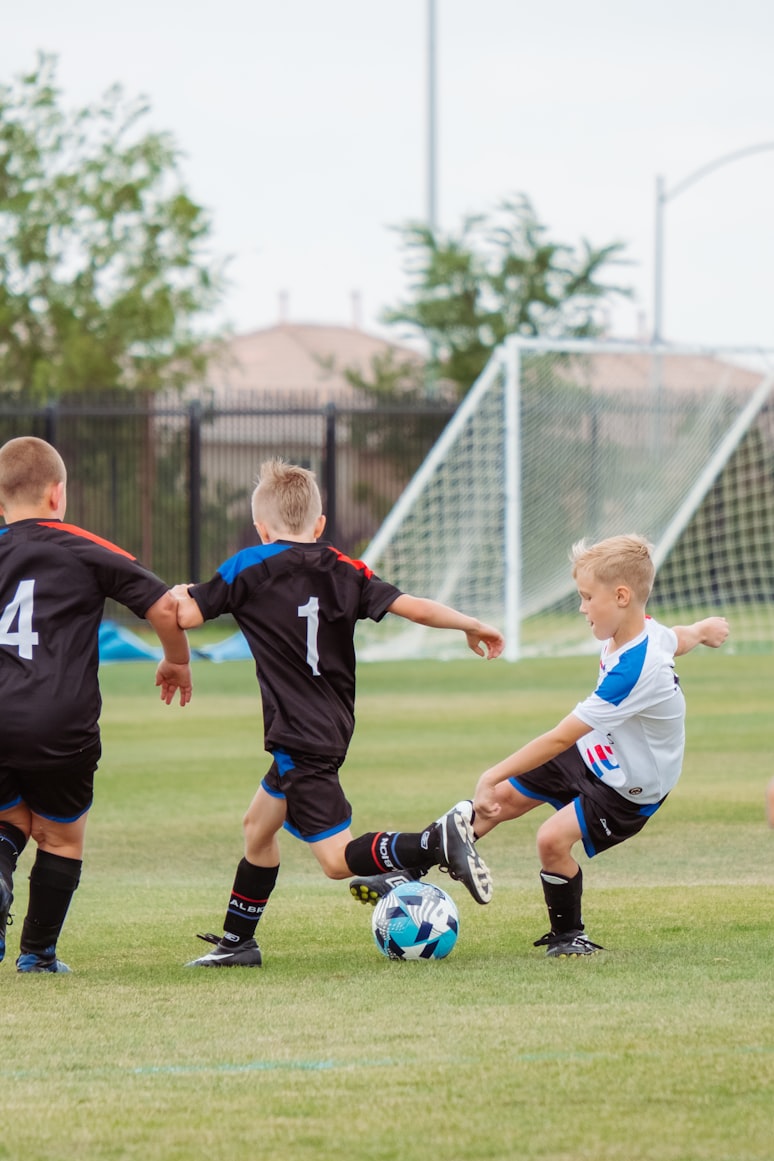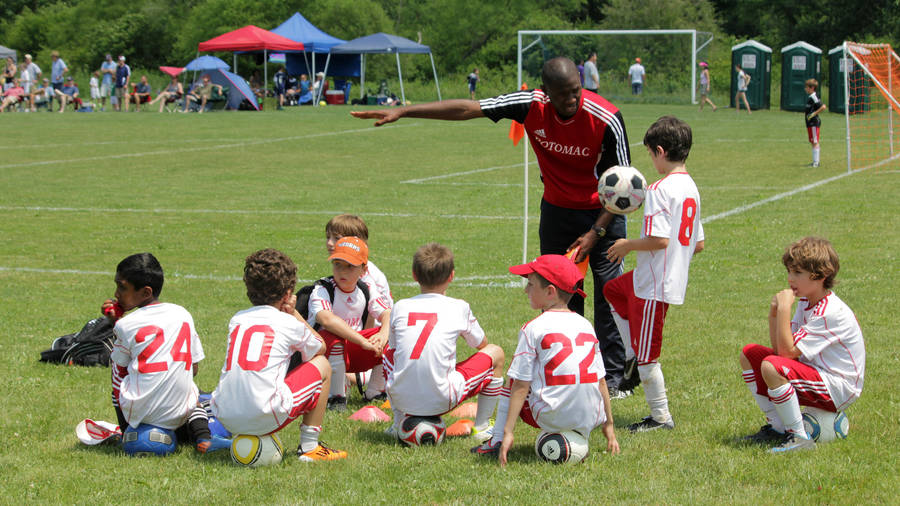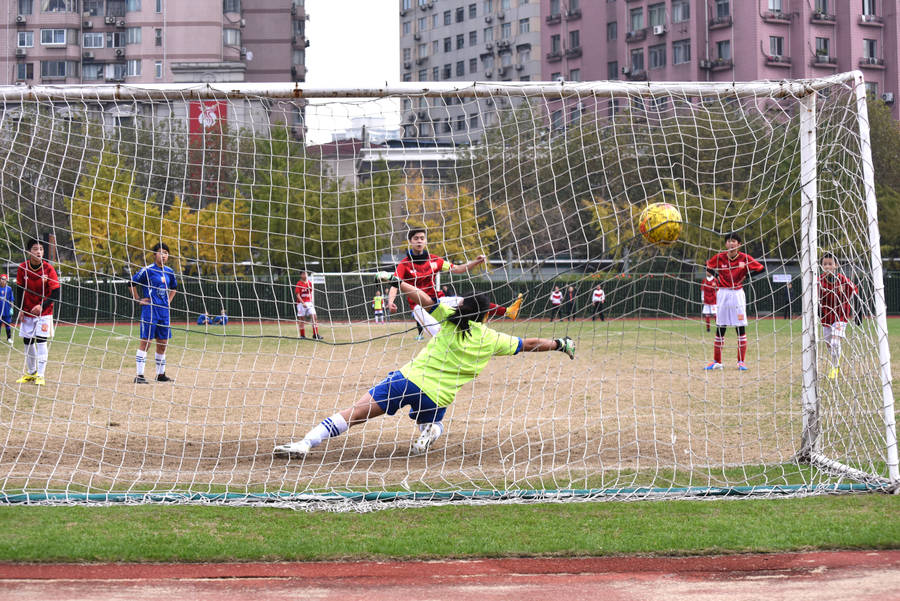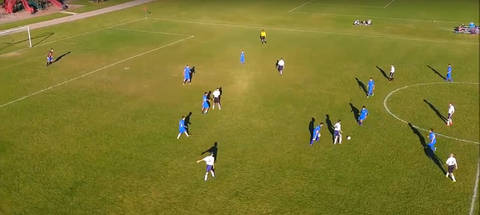
I’ve written before about the challenges in sourcing referees for matches and it’s obvious that the situation is not improving and, if anything, is getting worse.
The statistics paint a stark picture with research conducted across Europe revealing that one in seven match officials quit every year with the abuse they face a major cause, whilst in England specifically, approximately 8,000 matches being played without a referee each season due to the shortage. Alarmingly, Kent County FA reports a 25% loss of referees over the last two years, a pattern being replicated across the country. These aren't merely statistics on a spreadsheet but they represent the strangulation of our game and alarm bells should be ringing.
The reality facing today's grassroots referees is far removed from the respectful environment that many older participants remember. Despite various initiatives, verbal abuse and harassment from parents, coaches and players remains commonplace, creating an atmosphere where officiating a match can feel more intimidating than it should when participating in community sport. What's particularly troubling is that many of these officials are teenagers, taking on refereeing roles to earn pocket money or gain experience only to find themselves subjected to treatment that would be unacceptable in any other context.
The psychological impact on these young officials is significant. Many enter refereeing with genuine enthusiasm for football and a desire to contribute to the game on a local level. Instead, they encounter an environment where every decision gets questioned with venom, where honest mistakes are treated as deliberate acts of bias and where they're expected to maintain authority whilst being systematically undermined by adults who should know better.
To expect a sixteen year old referee to make split second decision in an emotionally charged environment, often without the benefit of a proper assistant, and demand perfection from them whilst offering little in return except criticism and abuse is pretty absurd. It's also a formula that's driving away the very people the game desperately needs to retain.
The referee shortage isn't just affecting individual matches, it's cascading into more problems throughout the grassroots game. Fixtures can be postponed or cancelled at short notice, leaving players, parents and coaches frustrated and disappointed.
The shortage is also placing more pressure on those referees who do continue. Officials are being asked to take on more matches than they can reasonably handle which in turn, can result in poorer decision making and feeds back into the cycle of criticism that's driving people away from officiating in the first place.
Recognising the severity of the crisis, the Football Association has begun implementing innovative measures to support referees. Perhaps the most significant development has been the trial of body cameras for grassroots referees, with all referees taking part receiving the support, education and training required to use the bodycams effectively in approved fixtures.
The introduction of body cameras represents more than just a technological solution, it's a powerful statement about the severity of the situation and the FA's commitment to protecting match officials.
The cameras serve multiple purposes as they act as a deterrent to potential abusers, provide evidence for disciplinary proceedings and perhaps most importantly, give referees a sense of security and support.
Early feedback from the body camera trial has apparently been encouraging. Referees report feeling more confident in their decision making and better protected from abuse. The mere presence of the cameras appears to have a calming effect on touchline behaviour, as people become more aware that their actions are being recorded and could have potential consequences.
It’s unlikely though that technology alone will solve the referee crisis. The problem runs deeper than individual incidents of abuse maybe even reflects a broader cultural shift in how we view authority in this day and age. There’s an argument that the erosion of respect for referees mirrors similar trends in other areas of society, from the treatment of teachers, police, politicians and even the behaviour of passengers towards airline staff.
Maybe part of the problem lies in the increasing commercialisation and competitiveness of youth football. Parents invest significant time and money in their children's football development, creating unrealistic expectations about outcomes. When things don't go according to plan, the referee becomes a convenient scapegoat for broader frustrations about their child's performance or the team's results.
The influence of professional football cannot be ignored either. When young players see their heroes arguing with referees on television, when managers publicly criticise officials in post match interviews and when dissent is normalised at the highest level, it’s inevitable that it will filter down to the grassroots game. The message being sent from the professional level is that challenging the referee is not only acceptable but expected.
Creating a culture of respect for referees is going to require action from every level of the grassroots game. Clubs have a crucial role to play in setting standards and enforcing codes of conduct. This means not only disciplining players who show dissent but also addressing the behaviour of parents and spectators who create a hostile environment for officials.
Some clubs have already taken positive steps, appointing respect marshals to monitor touchline behaviour and implementing policies that go beyond FA requirements. Others have introduced initiatives to recognise and appreciate referees, such as post-match refreshments or social media spotlights on referees. Whilst modest in their own way, these measures can contribute to a culture where officials feel valued rather than vilified.
As coaches we bear a particular responsibility for creating a respectful environment. When a coach consistently challenges decisions or fails to address poor behaviour from players, they normalise disrespect. Conversely, coaches who support referees, even when they disagree with decisions, demonstrate that respect is more important than winning at all costs.
There’s no doubt that the future of grassroots football depends on our ability to attract and retain young referees. This means creating pathways that are both supportive and rewarding. Mentorship programmes, where experienced officials guide newcomers through their early matches, have shown promise in improving retention rates. These schemes provide not just technical guidance but emotional support during what can be a challenging transition into officiating.
Training programmes for new referees have evolved to address the realities of modern grassroots football. Whilst knowledge of the rules and good communication skills remain important, equal emphasis is now having placed on conflict resolution and psychological resilience. Referees need to be equipped not just with knowledge of the laws but with the interpersonal skills necessary to manage difficult situations.
Every club, every league, every parent, and every player has a role to play in creating a culture where referees are respected and supported. The future of grassroots football depends on it. The question is whether we care enough about the game to make the necessary changes, or whether we'll continue to allow the systematic destruction of the infrastructure that makes community football possible.

















